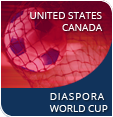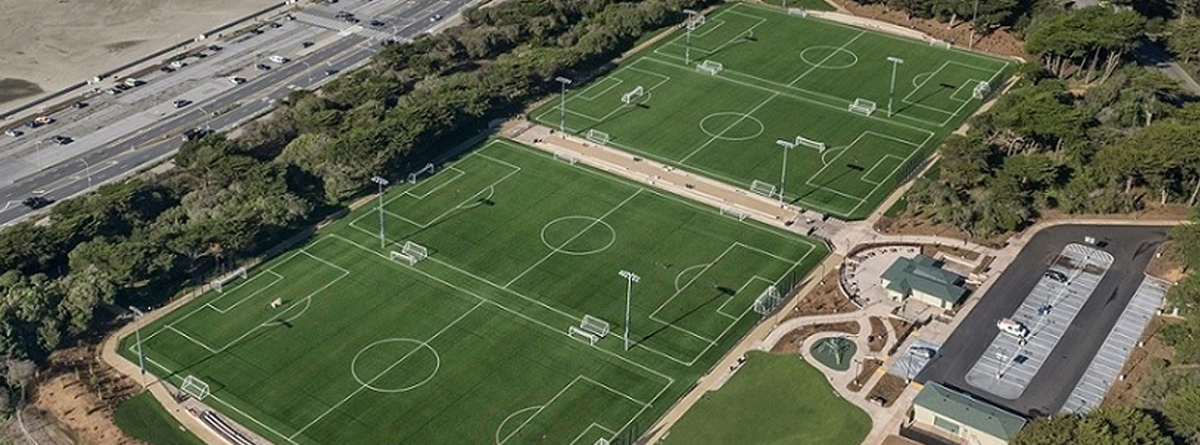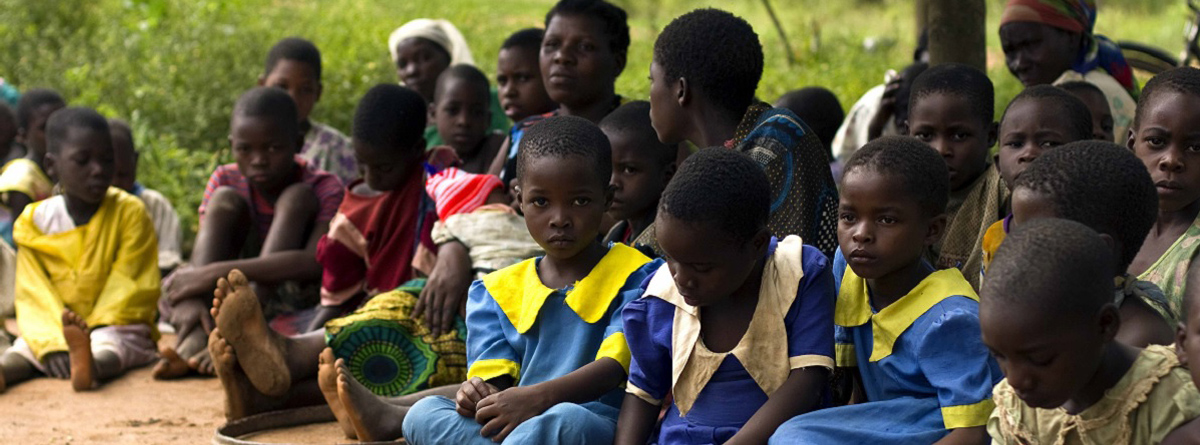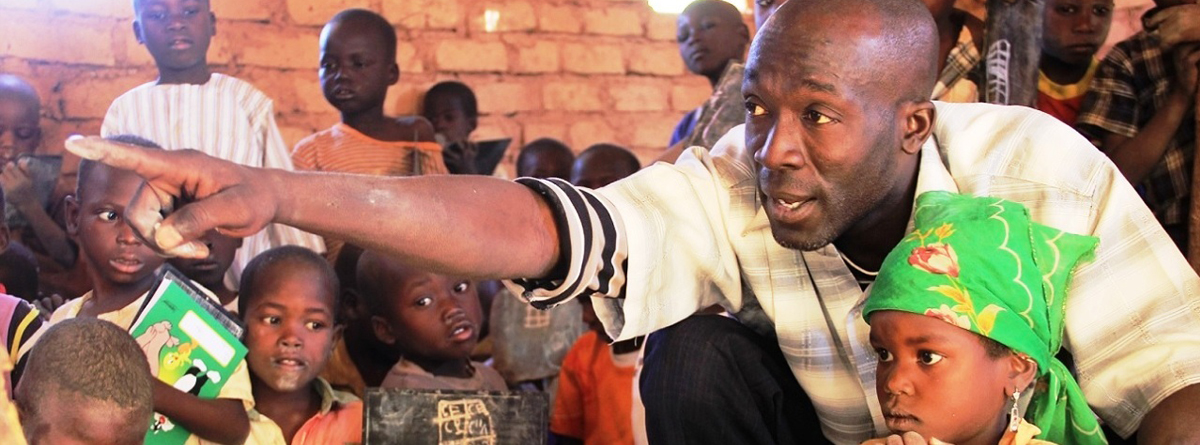|
|
Netherlands
Kansas City – Overland Park


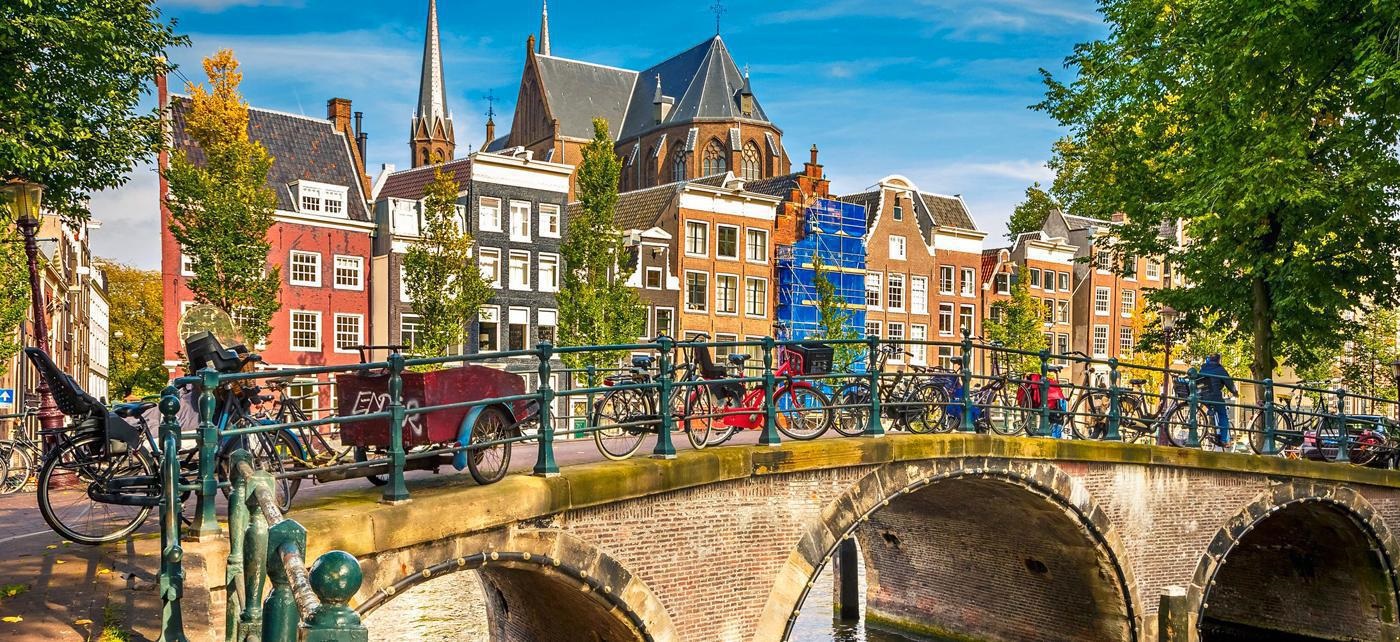
Profile
The Netherlands is a constituent country of the Kingdom of the Netherlands, located mainly in North-West Europe and with several islands in the Caribbean. Mainland Netherlands borders the North Sea to the north and west, Belgium to the south, and Germany to the east, and shares maritime borders with Belgium, Germany, and the United Kingdom. It is a parliamentary democracy organized as a unitary state. The country capital is Amsterdam and the seat of government is The Hague. The Netherlands in its entirety is often referred to as Holland, although North and South Holland are actually only two of its twelve provinces.
The Netherlands is a geographically low-lying country, with about 25% of its area and 21% of its population located below sea level, and 50% of its land lying less than one meter above sea level. This distinct feature contributes to the country's name in many other European languages. (e.g. French: Les Pays-Bas and Spanish: Países Bajos, literally means "The Low Countries"). Significant land area has been gained through land reclamation and preserved through an elaborate system of polders and dikes.
Under Charles V, Holy Roman Emperor and King of Spain, the Netherlands region was part of the Seventeen Provinces, which also included most of present-day Belgium, Luxembourg, and some land in France and Germany. The Eighty Years' War between the provinces and Spain began in 1568. In 1579, the northern half of the Seventeen Provinces formed the Union of Utrecht, a treaty in which they promised to support each other in their defense against the Spanish army. The Union of Utrecht is seen as the foundation of the modern Netherlands. In 1581 the Northern provinces adopted the Act of Abjuration, the declaration of independence in which the provinces officially deposed Philip II of Spain as reigning monarch in the Northern provinces.
The Netherlands has been a constitutional monarchy since 1815 and a parliamentary democracy since 1848. Dutch politics and governance are characterized by an effort to achieve broad consensus on important issues, within both the political community and society as a whole. In 2010, The Economist ranked The Netherlands as the tenth most democratic country in the world. The monarch is the head of state, at present Queen Beatrix. Constitutionally, the position is equipped with limited powers. The monarch can exert some influence during the formation of a new cabinet, where they serve as neutral arbiter between the political parties. Additionally, the king has the right to be informed and consulted. Depending on the personality and qualities of the king and the ministers, the king might have influence beyond the power granted by the constitution.
Approximately 4.5 million of the 16 million people in the Netherlands are registered to one of the 35,000 sports clubs in the country. About two thirds of the population older than 15 years participates in sports weekly. In the Netherlands, football, speed skating, korfball, handball, swimming, rowing, cycling, field hockey, volleyball, equestrian sports, sailing, and tennis are popular sports. A lot of amateurs practice them, and the Netherlands is a strong competitor in international tournaments for these sports. In the Dutch Caribbean, baseball is a popular sport, with the islands frequently sending teams to the annual Little League World Series.
Traditionally the Dutch diet consisted of bread and herring. In the 18th century the potato gained popularity, to become the staple food by 1800. Historically Dutch cuisine was closely related to northern French cuisine, which is still visible in traditional Dutch restaurants and the Southern regional cuisine. In the course of the 15th century haute cuisine began to emerge, largely limited to the aristocracy, but from the 17th century onward these kinds of dishes became available to the wealthy citizens as well, often consisting of a rich variety of fruits, cheeses, meat, wine, and nuts.
The Netherlands is a geographically low-lying country, with about 25% of its area and 21% of its population located below sea level, and 50% of its land lying less than one meter above sea level. This distinct feature contributes to the country's name in many other European languages. (e.g. French: Les Pays-Bas and Spanish: Países Bajos, literally means "The Low Countries"). Significant land area has been gained through land reclamation and preserved through an elaborate system of polders and dikes.
Under Charles V, Holy Roman Emperor and King of Spain, the Netherlands region was part of the Seventeen Provinces, which also included most of present-day Belgium, Luxembourg, and some land in France and Germany. The Eighty Years' War between the provinces and Spain began in 1568. In 1579, the northern half of the Seventeen Provinces formed the Union of Utrecht, a treaty in which they promised to support each other in their defense against the Spanish army. The Union of Utrecht is seen as the foundation of the modern Netherlands. In 1581 the Northern provinces adopted the Act of Abjuration, the declaration of independence in which the provinces officially deposed Philip II of Spain as reigning monarch in the Northern provinces.
The Netherlands has been a constitutional monarchy since 1815 and a parliamentary democracy since 1848. Dutch politics and governance are characterized by an effort to achieve broad consensus on important issues, within both the political community and society as a whole. In 2010, The Economist ranked The Netherlands as the tenth most democratic country in the world. The monarch is the head of state, at present Queen Beatrix. Constitutionally, the position is equipped with limited powers. The monarch can exert some influence during the formation of a new cabinet, where they serve as neutral arbiter between the political parties. Additionally, the king has the right to be informed and consulted. Depending on the personality and qualities of the king and the ministers, the king might have influence beyond the power granted by the constitution.
Approximately 4.5 million of the 16 million people in the Netherlands are registered to one of the 35,000 sports clubs in the country. About two thirds of the population older than 15 years participates in sports weekly. In the Netherlands, football, speed skating, korfball, handball, swimming, rowing, cycling, field hockey, volleyball, equestrian sports, sailing, and tennis are popular sports. A lot of amateurs practice them, and the Netherlands is a strong competitor in international tournaments for these sports. In the Dutch Caribbean, baseball is a popular sport, with the islands frequently sending teams to the annual Little League World Series.
Traditionally the Dutch diet consisted of bread and herring. In the 18th century the potato gained popularity, to become the staple food by 1800. Historically Dutch cuisine was closely related to northern French cuisine, which is still visible in traditional Dutch restaurants and the Southern regional cuisine. In the course of the 15th century haute cuisine began to emerge, largely limited to the aristocracy, but from the 17th century onward these kinds of dishes became available to the wealthy citizens as well, often consisting of a rich variety of fruits, cheeses, meat, wine, and nuts.
Country Location


